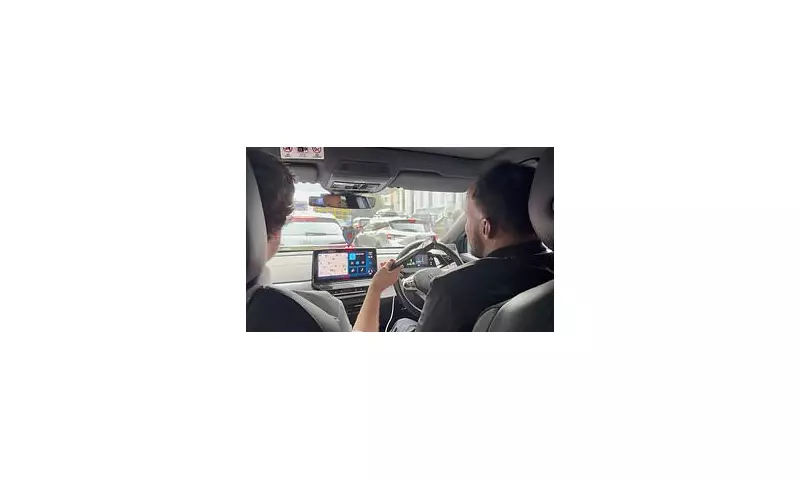
Central London descended into transport chaos on Thursday as coordinated strike action brought the entire Tube network to a virtual standstill. The capital's arteries seized up, leaving millions of commuters facing nightmare journeys and widespread disruption.
Commuter Carnage Across The Capital
Major stations including King's Cross, Waterloo, and Victoria became epicentres of frustration as desperate travellers scrambled for alternative transport. Platforms stood unusually empty while above ground, the city's streets descended into gridlock with bus stops overwhelmed and taxi ranks forming enormous queues.
"It's absolute bedlam out here," reported one stranded commuter at Paddington Station. "I've been waiting over an hour for a cab that normally takes minutes. The entire city seems to be competing for the same few rides."
Black Cabs Overwhelmed Amid Cash Clash
The strike exposed a growing tension between traditional cash transactions and modern payment methods. Numerous black cab drivers, particularly among older operators, found themselves turning away fares from passengers attempting to pay by card or mobile phone.
"I've had three customers walk away because I only take cash," admitted one veteran cabbie near Liverpool Street. "It's how we've always worked, but these days everyone wants to tap their phone."
Economic Impact Mounts
Business leaders expressed grave concerns about the economic fallout from the transport shutdown. The London Chamber of Commerce estimated losses running into tens of millions of pounds as workers struggled to reach offices, meetings were cancelled, and retail footfall plummeted.
The disruption extended beyond central London, with the strike affecting:
- Major rail interchanges connecting to national services
- Delivery and logistics operations across the capital
- Tourist attractions experiencing significant visitor drops
- Restaurants and cafes reporting lunchtime cancellations
Union Standoff Continues
The RMT union defended the strike action as necessary amid ongoing disputes over working conditions and potential job losses. Union representatives stated that further action would be considered if negotiations with Transport for London failed to produce satisfactory outcomes.
Transport for London advised passengers to avoid non-essential travel throughout Thursday and check their website for limited services. A spokesperson acknowledged the severe disruption and apologised for the inconvenience caused to millions of daily commuters.
As evening approached, there were no signs of immediate resolution, with commuters facing equally challenging return journeys and transport officials warning that normal service would take considerable time to restore even after the strike concludes.





